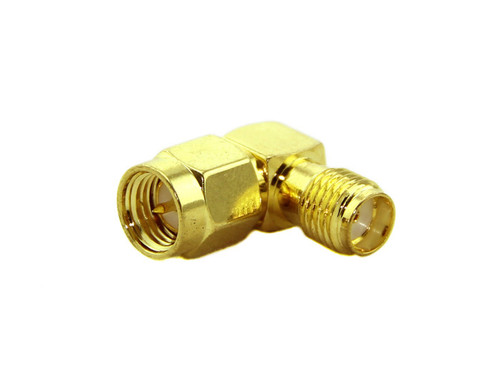RF Adapters: Essential Components for Seamless Connectivity
RF (Radio Frequency) adapters are critical components used in various industries that rely on RF signals for communication, data transfer, or testing. These adapters are designed to connect two different types of RF connectors, making them essential in applications where different devices, cables, or systems need to work together efficiently. RF adapters play a pivotal role in industries such as telecommunications, broadcasting, aerospace, and electronics testing, ensuring the flow of high-frequency signals without loss of integrity.
Versatility in Applications
RF adapters are widely used in applications requiring secure and reliable signal transmission. In telecommunications, they ensure efficient communication between various RF systems. Broadcasting and television industries depend on them for flawless transmission of signals over long distances. Aerospace and defense sectors, where reliable signal transmission is critical, also benefit greatly from the use of RF adapters. Additionally, electronics testing facilities rely on RF adapters to bridge the gap between testing devices and RF components, enabling effective signal measurement and analysis.
One of the key advantages of RF adapters is their ability to support a wide range of frequencies, from a few megahertz (MHz) to several gigahertz (GHz). This frequency versatility makes them suitable for numerous applications, including wireless communication, satellite systems, and antenna installations. The seamless connection between different RF connectors provided by these adapters ensures minimal signal loss, maintaining the performance and reliability of the systems they are integrated into.
Types of RF Adapters
RF adapters come in various types, each designed to serve different purposes. Some common types include:
- Coaxial Adapters: These are perhaps the most widely used RF adapters, designed for coaxial cables that transmit high-frequency signals with minimal loss. They are often used in cable television, internet connections, and other communications systems.
- In-Series Adapters: These adapters are designed to connect two RF connectors of the same type. They are ideal for extending the length of an RF cable or connecting two compatible devices without changing the connector type.
- Between-Series Adapters: These are used to connect two different types of RF connectors. For example, an N-type to SMA adapter allows devices with different connectors to work together, ensuring flexibility in system design and maintenance.
- T-Shaped and Cross-Shaped Adapters: These multi-port adapters allow for signal splitting or combining in complex RF networks, making them indispensable in testing and diagnostic applications.
- Right-Angle Adapters: These adapters change the direction of the connection, making them useful in tight spaces where standard straight connectors would not fit.
Key Features and Benefits
One of the primary features of RF adapters is their ability to maintain signal integrity across various connection points. By minimizing insertion loss and ensuring a low VSWR (Voltage Standing Wave Ratio), RF adapters allow for optimal signal transfer with little to no degradation. This makes them ideal for applications where precision and signal strength are paramount.
Additional benefits include:
- Durability and Reliability: Most RF adapters are made from high-quality materials such as brass or stainless steel, often with gold-plated contacts to ensure corrosion resistance and long-lasting performance.
- Ease of Use: RF adapters are designed to be simple to install and use, making them ideal for both professional engineers and DIY enthusiasts.
- Cost-Effectiveness: By enabling different systems and components to work together without the need for entirely new cabling or devices, RF adapters provide a cost-effective solution for a variety of applications.
Conclusion
RF adapters are an indispensable part of modern communication and electronic systems. They offer versatility, durability, and the ability to support a wide range of frequencies, ensuring compatibility across various devices and systems. Whether you are working in telecommunications, broadcasting, or testing, investing in high-quality RF adapters will ensure seamless connectivity and reliable signal transmission. For those looking to purchase RF adapters online in India, consider your application needs and choose products that guarantee the highest standards of performance.
By offering these essential components, businesses and engineers can overcome connectivity challenges, enhance system flexibility, and improve overall operational efficiency.





